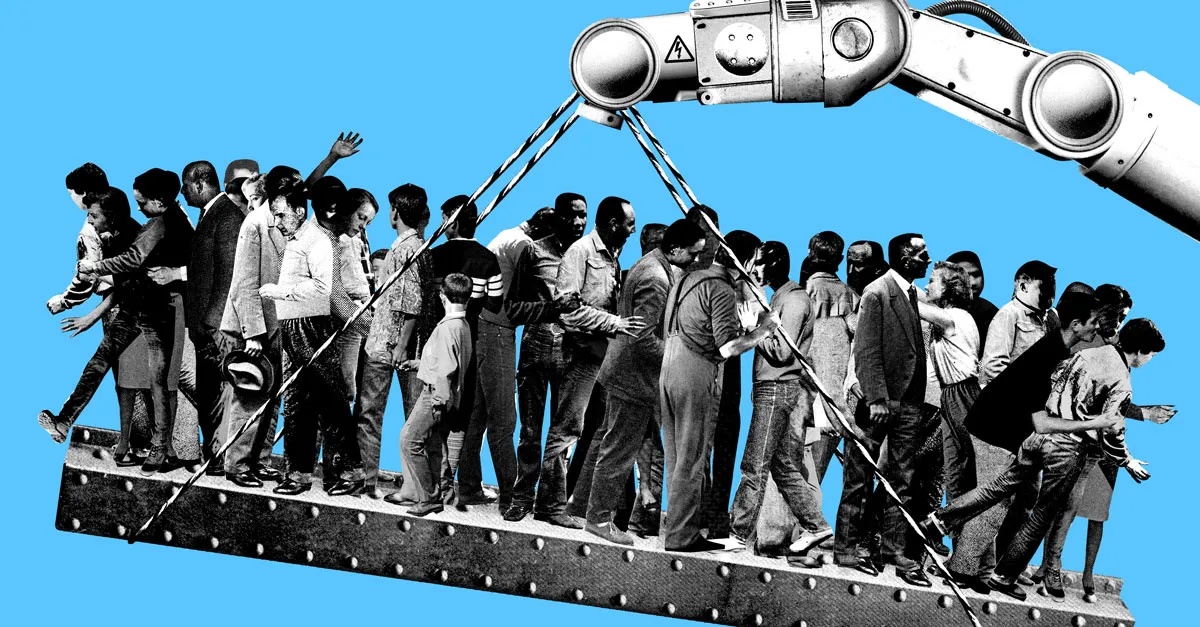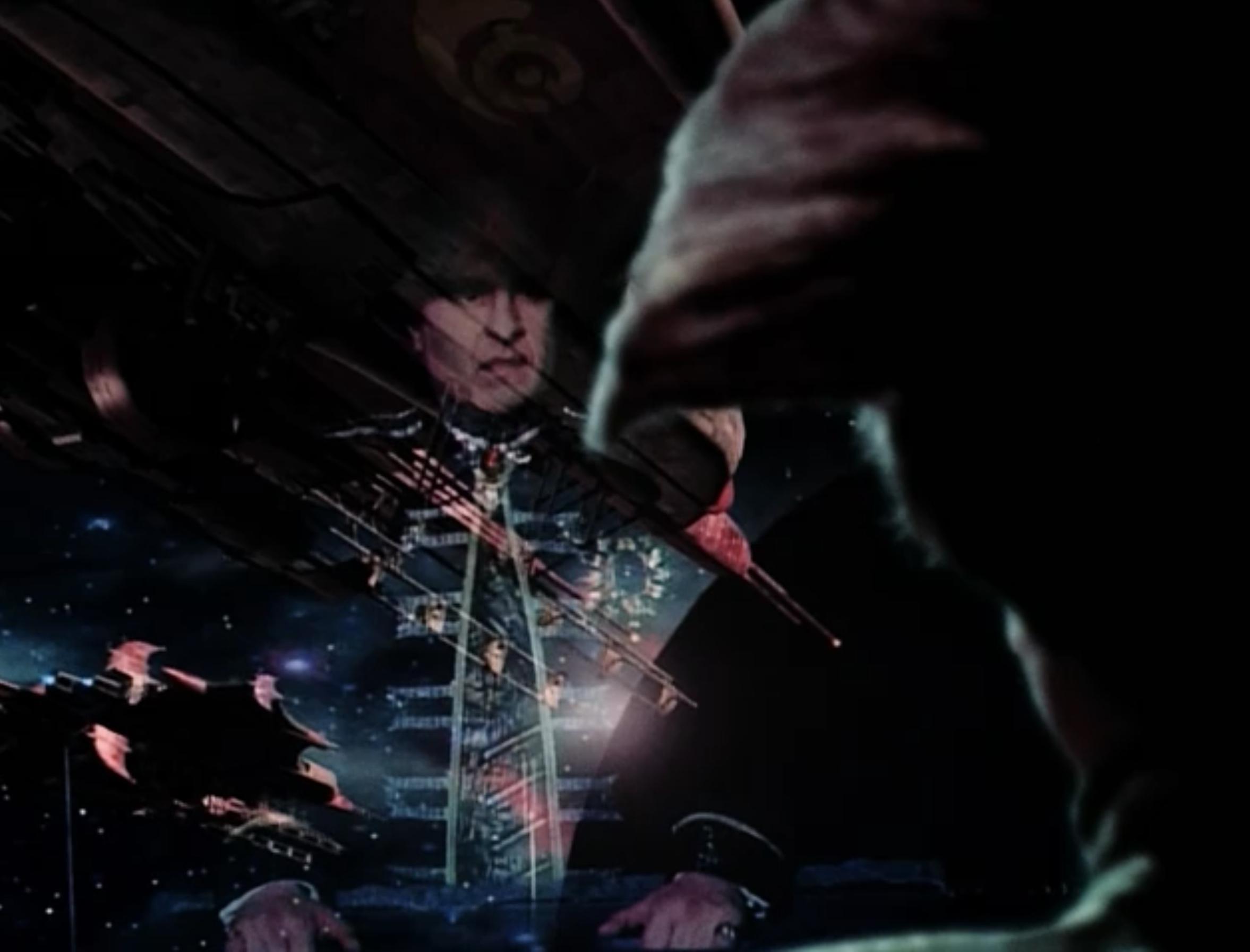The World Economic Forum (WEF) has expressed worries about the potential rise of artificial intelligence (AI) and its influence on a particular group of people identified as “unnecessary” and “ineffective.” Yuval Noah Harari, a leading advisor at WEF, has issued a warning, imagining the development of what he discribes as “the unnecessary class.”
Harari’s concerns about the rise of AI triggering a new era of inequality have sparked conversations about potential remedies. In his 2015 book “Homo Deus,” he proposes that the happiness of this emerging “useless class” could be maintained through various means, such as drugs and digital entertainment.
This perspective has drawn criticism from figures like Dr. John Lennox, an Oxford MAthematician, who expressed worry about the impact of Harari’s dystopian ideas. Lennox particularly highlighted two focal points in Harari’s agenda: tackling technological hurdles tied to human mortality and enhancing human happiness, ultimately aiming to transform humans into a species he refers to as “Homo Deus”– a god-like elevation.
Harari’s hypotheses yield two contrasting consequences: one possibility is the emergence of a sizable group of people deemed unnecessary, while the alternative prospect is a society stratified into seperate biological strata, with the wealthy achieving virtual divinity and the poor relegated to insignificance.
The idea that a certain group of people are considered a liability by the powerful and wealthy has sparked discussions about the need for proactive solutions to address this supposed problem.
In an interview with Turkish broadcaster TRT’s The Newsmakers, Harari outlined the primary challenges facing humanity in the 21st century: the specter of nuclear conflict, climate change, and the perils associated with disruptive technologies, particularly bioengineering and AI.
Harari emphasized the transformative power of these technologies, likening the elite’s acquisition of abilities to create and destroy to the ancient depictions of divine powers shaping life.
Harari proposed a change in the economy of the 21st century, where the primary focus would shift from physical goods to human resources, such as bodies, intellect, and cognitive abilities. He noted the increasing trend of modifying and improving life, which would elevate the elite to a position akin to deities, with the ability to create and control life itself.










